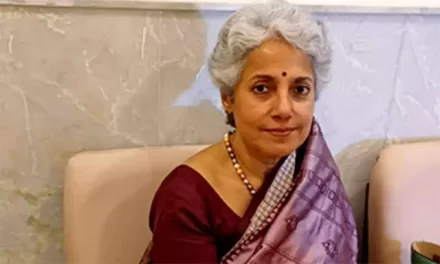In a landmark initiative aimed at fortifying global efforts against cholera, more than 1.2 million cholera rapid diagnostic tests (RDTs) are set to be distributed to 14 countries, marking the largest-ever deployment of such tests worldwide. The first shipment, which arrived today in Malawi, signifies the commencement of a program orchestrated by Gavi, the Vaccine Alliance, to enhance the timely detection, monitoring, and response to cholera outbreaks.
The rollout of these tests is poised to revolutionize cholera surveillance and response mechanisms, particularly in countries facing severe cholera outbreaks such as Ethiopia, Somalia, Syria, and Zambia. By bolstering routine surveillance and testing capacities, the initiative aims to swiftly identify probable cholera cases, enabling prompt intervention strategies. Moreover, it seeks to furnish countries with vital data to inform future preventive vaccination endeavors, thereby advancing national cholera control and elimination targets.
The global cholera diagnostics program is a collaborative endeavor between Gavi, WHO, UNICEF, FIND, and other partners, with procurement and delivery spearheaded by UNICEF. Developed in partnership with FIND, the program is underpinned by the principles of evidence-based interventions and strategic planning to optimize cholera control efforts. The deployment of RDTs to additional countries is envisioned as an integral component of the program’s long-term sustainability, contingent upon successful fundraising for Gavi’s forthcoming strategic period from 2026 to 2030.
Pilot studies conducted across the Democratic Republic of the Congo (DRC), Niger, and Nepal have significantly informed the design and implementation of the program, paving the way for the scaled-up deployment of RDTs. These tests, hitherto utilized primarily in outbreak response scenarios, will now assume a pivotal role in routine cholera surveillance, bolstering global capabilities to combat the disease effectively.
The urgency of addressing cholera stems from its relentless global surge since 2021, compounded by high case fatality rates despite the availability of simple and affordable treatment. The unprecedented demand for vaccines has strained the global stockpile, necessitating the prioritization of emergency response efforts. The program’s overarching goal is to empower countries with the tools and resources needed to curb the spread of cholera and mitigate its devastating impact on vulnerable communities.
As cholera continues to pose a formidable public health challenge, stakeholders underscore the imperative of a multifaceted strategy encompassing timely outbreak response, enhanced case management, increased vaccine production, and improved access to water and sanitation services. The deployment of rapid diagnostic tests represents a pivotal step forward in the global fight against cholera, equipping health systems with the critical data required to stem outbreaks early and safeguard communities at risk.
In the words of Aurélia Nguyen, Chief Programme Officer at Gavi, the Vaccine Alliance, “Today’s announcement provides a critical boost in the fight against the disease.” She emphasized the pivotal role of routine diagnostics in bolstering cholera surveillance and targeting vaccination efforts, underscoring their indispensable contribution to multisectoral cholera prevention and control programs.
The deployment of cholera diagnostic tests heralds a new chapter in the global battle against cholera, signaling a collective commitment to eradicating one of the world’s deadliest infectious diseases once and for all.











